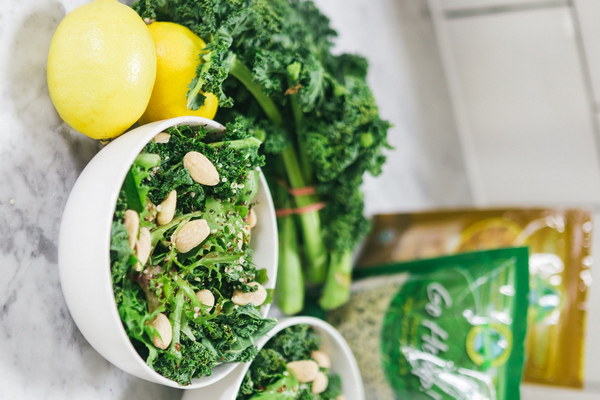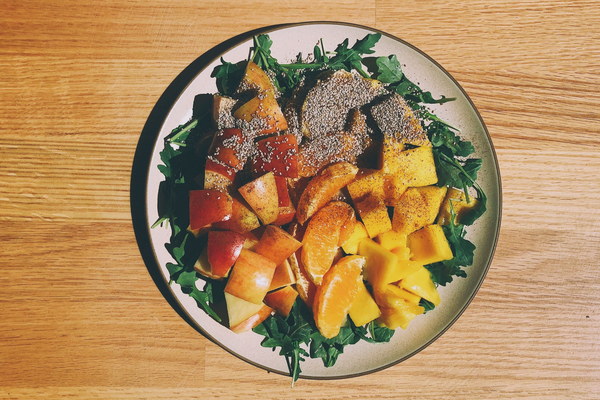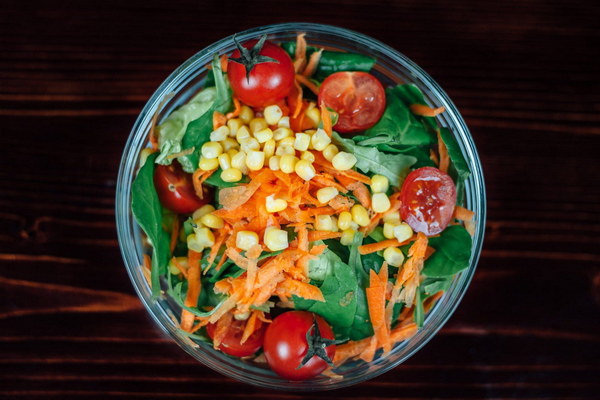Replenishing the Body After a Fasting Detox A Guide to Post-Detox Nutrition
After completing a period of fasting and detoxification, it's important to approach the transition back to regular eating with care. The body has undergone significant changes during this time, and it requires a strategic approach to replenish and restore. Here's a comprehensive guide on how to properly nourish your body after a fasting detox.
Understanding the Post-Detox Phase
The post-detox phase is a critical time for your body to rebuild its nutrient stores and reestablish a balanced digestive system. This period can last from a few days to a few weeks, depending on the duration and intensity of the fasting period. It's essential to be patient and give your body the time it needs to heal and rejuvenate.
Gradual Reintroduction of Food
1. Start with Hydration: Begin your post-detox journey by rehydrating your body. Drink plenty of water throughout the day to flush out any remaining toxins and support kidney function.
2. Eat Small, Frequent Meals: Initially, your stomach may be sensitive to large meals. Start with small, light meals and gradually increase the portion sizes as your body adjusts.
3. Choose Nutrient-Dense Foods: Focus on foods that are rich in vitamins, minerals, and antioxidants. These include fresh fruits, vegetables, lean proteins, whole grains, and healthy fats.
4. Stay Away from Processed Foods: Avoid processed and refined foods, which can be hard on your digestive system and hinder the healing process.
Specific Foods to Incorporate
1. Fruits and Vegetables: These are packed with essential nutrients and fiber, which help in the detoxification process. Opt for a variety of colors to ensure a wide range of nutrients.
2. Lean Proteins: Proteins help in muscle repair and tissue growth. Include sources like fish, poultry, eggs, legumes, and plant-based options like tofu and tempeh.
3. Healthy Fats: Fats are important for the absorption of fat-soluble vitamins. Incorporate sources like avocados, nuts, seeds, and olive oil.
4. Whole Grains: Complex carbohydrates provide sustained energy and fiber. Choose options like quinoa, brown rice, and whole grain bread.
Supplements and Herbs
1. Probiotics: These beneficial bacteria help maintain a healthy gut flora. You can find probiotics in fermented foods like yogurt, kefir, and sauerkraut, or take a supplement.
2. Magnesium: Magnesium aids in muscle relaxation and can help alleviate muscle cramps that may occur after fasting. Foods rich in magnesium include almonds, spinach, and bananas.
3. Herbs: Herbs like ginger, turmeric, and dandelion can support liver health and aid in the detoxification process.
Lifestyle Adjustments
1. Regular Sleep: Ensure you get enough rest to support your body's healing process.
2. Physical Activity: Gentle exercise, such as walking or yoga, can help boost your metabolism and aid in digestion.
3. Stress Management: High stress levels can hinder the healing process. Practice stress-reducing techniques like meditation or deep breathing exercises.

Monitoring Your Progress
Keep track of how your body responds to the new diet and lifestyle changes. Note any changes in energy levels, digestion, and overall well-being. If you experience discomfort or prolonged symptoms, consult a healthcare professional.
By following these guidelines, you can ensure a smooth transition from fasting to regular eating, allowing your body to fully replenish and rejuvenate after a detox. Remember, the key is patience and a mindful approach to nutrition and lifestyle.









